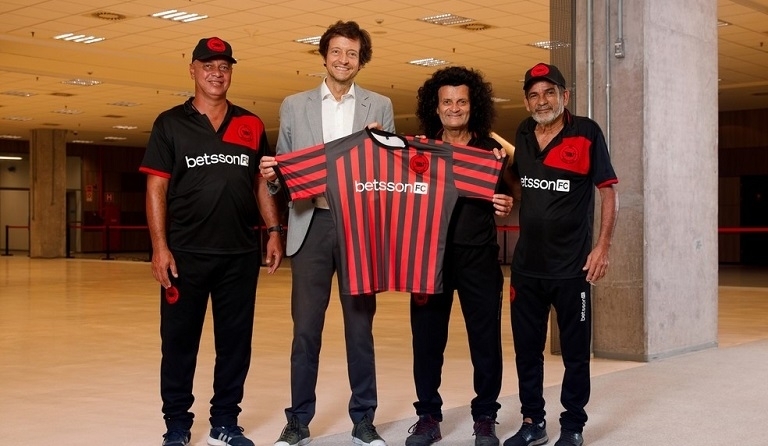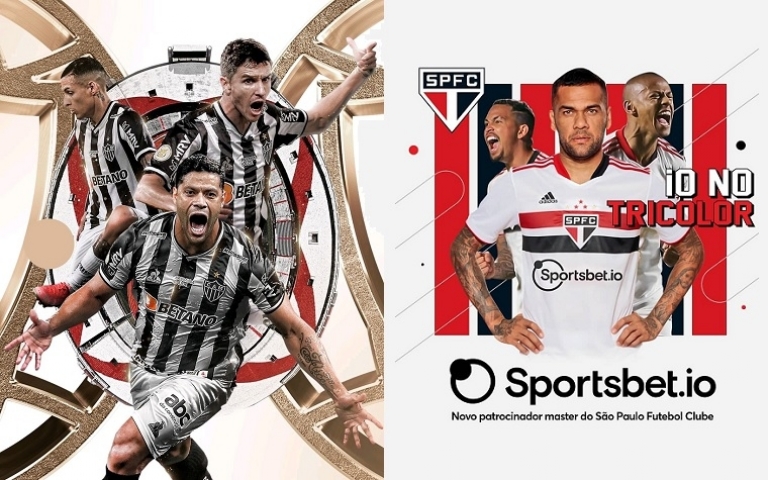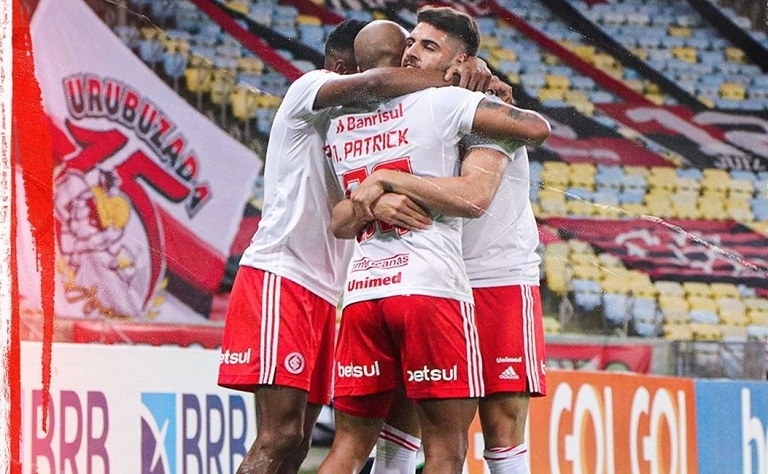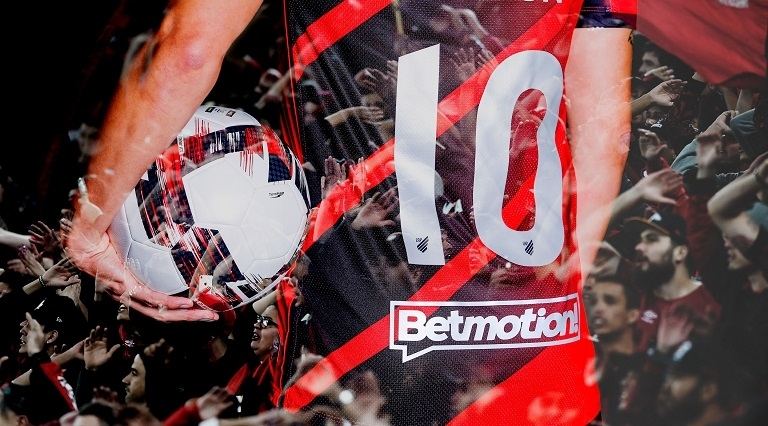

The solution, therefore, is to offer the services through its bases abroad. But companies are keeping an eye on the progress of regulation and want to become recognized by Brazilians so that they can take the lead as soon as regulation takes place.
Even so, this sector already moves billions of reais in the country. According to an estimate made by the Sports Value consultancy, Brazilians move something around R$ 4 billion (US$ 765m) in sports betting per year. To complete, in the first quarter of 2021, the total investment in advertising by these companies reached R$ 140 million (US$ 26.8m), three times more than seen in the same period last year.
Companies operating across the country show interest in starting to operate in Brazil - and pay taxes - if the regulation is approved.
One of them is Betsson. The company already operates a “fantasy game” in Brazil, which consists of the selection of an imaginary team and the scoring occurs according to the football player's performance in real life. It's the same style that Globo's Cartola has been exploring for some years. In the case of Betsson, there are cash payments that reach up to R$ 10,000 (US$ 1,900) per spin, something that is already allowed.

However, the brand also has a working gambling site. But as regulation has not yet taken place, the site is operated by the company that has a license in Malta.
“We are the exception in Brazil, a white fly, but we also want to bring the operation of the betting site here when the business is regulated,” says Andre Gelfi, general director of Betsson in Brazil. The company also bets on sponsorships to be better known: it decided to give the highest value in the history of the Pernambuco team Ibis, known as the 'worst team in the world'.

Other brands, however, are already betting on much bigger teams. Recently, Sportsbet.io announced the biggest sponsorship in the history of São Paulo to occupy the main space on their shirt. The values were not disclosed, but Sports Value sees that, at least, R$ 17 million (US$ 3.25m) was paid for the space, which will be under the company's brand until 2024.
“The betting sites also took advantage of a moment of crisis, in which there are less interested in sponsoring football because of the pandemic, to get greater exposure”, says Amir Somoggi, partner at Sports Value.
Betsul is the team that has more sponsored teams: Internacional, Grêmio, Fortaleza, Chapecoense and Ceará. In the case of the ‘colorado and tricolor gaúcho’ team, in addition to the sponsorship amount, the company also offered them the possibility of having sites with their names and that will function as a lottery - the company has its eye on the exploration of lotteries in Rio Grande do Sul. In February, the Federal Supreme Court cleared the exploitation of the public lottery service directly by the States, but legislation is still lacking to define how this exploitation will work.

“We were contacted about a month and a half ago with this proposal and we saw that it is a path with no return. And, in addition to participating in the value of the bets, we are also going to be able to carry out several actions,” says Jorge Avancini, vice president of marketing at Internacional.
Movement is accelerated. Galerabet, for example, did not even debut its website in Brazil (but with servers in Israel and Cyprus, in addition to the license being in Malta). Even so, it is already a sponsor of Corinthians, Sport and Cruzeiro. With delivery scheduled for August, the company, which PlayTech, a publicly traded company on the London Stock Exchange, as one of its investors, sees great potential in the market with regulation and job creation.
“It makes no sense to operate in Brazil with a Pakistani or Indian attendant. We want to generate jobs and generate market in the country,” says Ricardo Rosado, Galerabet's vice president of business development and marketing.
The government has made an estimate considered conservative that it can raise R$400 million to R$700 million (US$77m to US$ 134m) in taxes from the regulation of gambling sites. And according to the Secretary of Evaluation, Planning, Energy and Lottery, Gustavo Guimarães, there is a work within the Ministry of Economy so that this regulation project can be released by the end of next year. Suddenly, even before the 2022 World Cup, which will be held in Qatar in November.

"Every day that passes, it's a day less that we have to explore a market that is already functioning, but that needs to be regulated to bring security and generate revenue for the government," says the secretary.
Risks of manipulation and addiction surround the sector
Lack of rules hinders the development of the market, which also suffers several criticisms for encouraging compulsive gamblers or even combinations of results. Despite being released in most major markets, there is a lot of discussion about the negative effects that the betting industry can generate, including in the area of public health. After all, this is a game that can be addictive.
No wonder, since 2004, activities such as bingo and slot machines are banned in Brazil. For problems like this, there is a series of discussions in some places, like England, to limit or even ban the advertising of betting sites on football clubs.
To give an idea, in England more than 80% of the teams in the first and second division have some sponsorship linked to the betting sector. In Brazil, this discussion is not yet part of our reality, but soon it will. For now, the growth of the market in the absence of regulation could bring problems both for the sport and for the consumers themselves. Without rules and with companies with headquarters outside Brazil, for example, if a customer has not received the value of his bet, there is no one to complain to.

In addition, an unregulated market also does not create a legal framework to avoid manipulation of results, as happened in 2005 in the case that became known as Mafia do Apito, in which judges benefited or assisted teams in benefiting bettors.
“There is no well-built mechanism to identify deviations and avoid them. And the legal uncertainty in the Brazilian market also ends up driving away the largest investors in the world,” says the lawyer Pedro Trengrouse, a partner at the firm Trengrouse & Gonçalves and specialized in the sector.
According to the secretary of Evaluation, Planning, Energy and Lottery, Gustavo Guimarães, all points are being discussed in the regulation. He also cites concerns about money laundering and embezzlement. “The challenges are immense and we are going to propose legislation that projects the gambler and that also takes care of the pathology of the game,” says Guimarães.
Source: Estadão